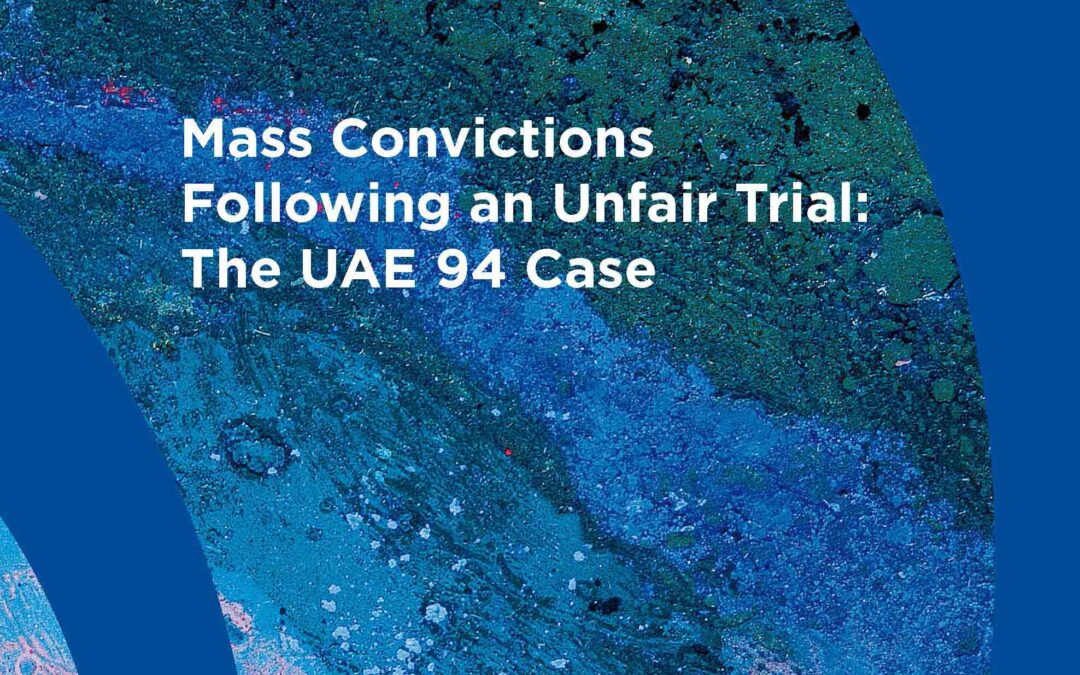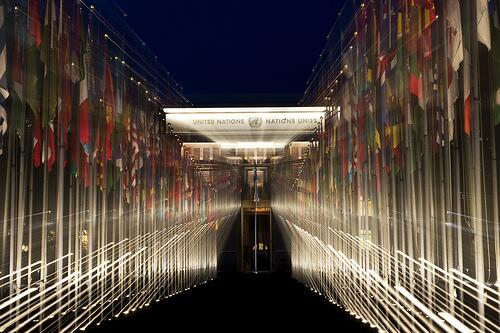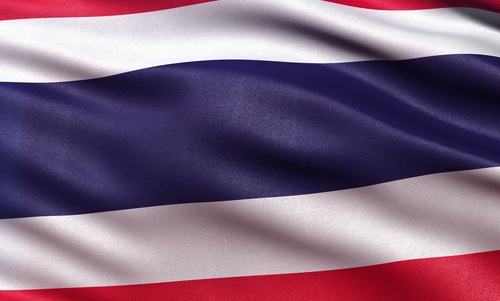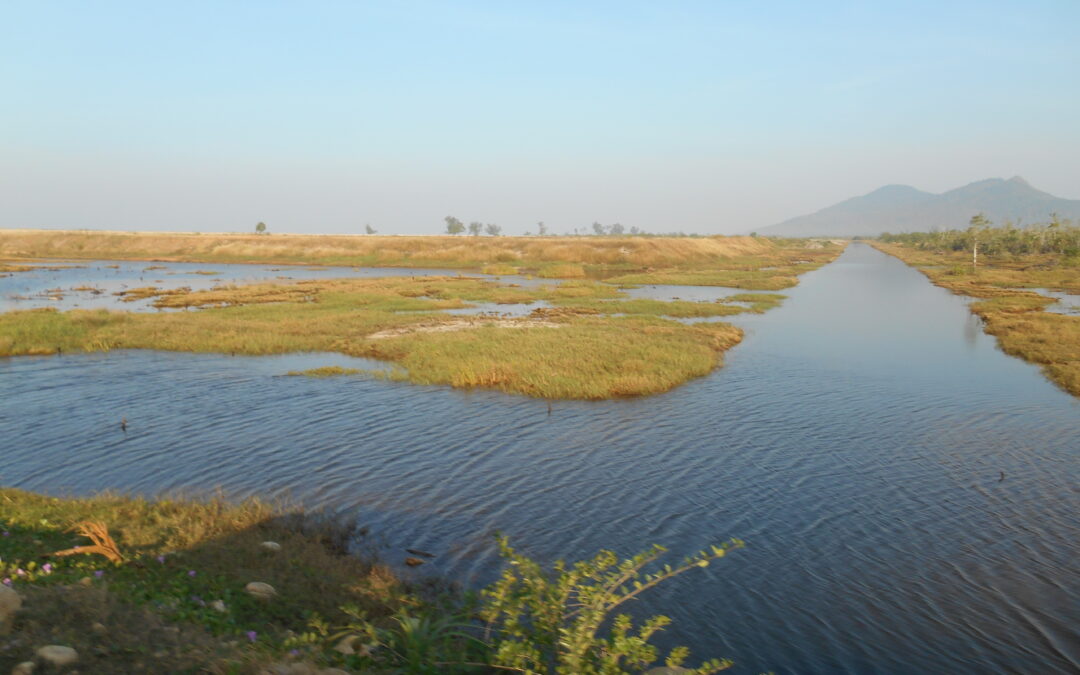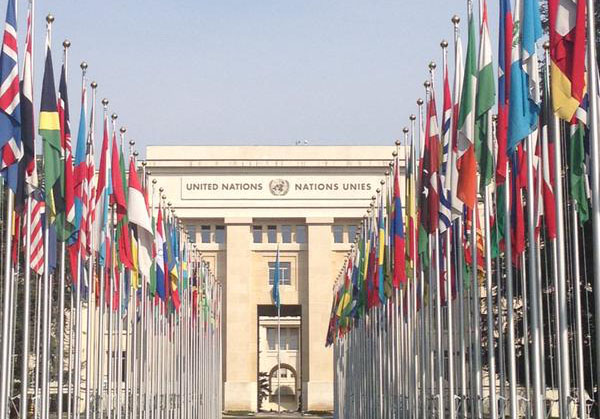
ICJ joins call for strong UN resolution on Human Rights Defenders
Member States of the UN Human Rights Council should support the adoption of a vital draft resolution on the protection of human rights defenders and vote down over 30 hostile amendments proposed by China, Cuba, Egypt, Pakistan and Russia, which could substantially weaken the text.
In an open letter to governments, more than 100 non-governmental organisations from all regions of the world have said that the resolution – which focuses on the situation and protection needs of those working to promote economic, social and cultural rights – is a timely, balanced and important response to the worsening crackdown on human rights defenders. States from all regions, including Australia, Brazil, France, Ghana, Japan and Tunisia, among others, have already pledged their support for the Norwegian-led text.
The draft resolution will be voted upn by 47 Member States of the Human Rights Council on 23 or 24 March.
The amendments being pushed by China, Cuba, Egypt, Pakistan and Russia include proposals to remove any reference in the text to the term ‘human rights defenders’, to deny the legitimacy of their work, and to weaken their protection against attacks and reprisals.
Re: Support resolution on the protection of human rights defenders addressing economic, social and cultural rights
22 March 2016
Your Excellency,
The undersigned civil society organisations, coming from all regions, urge your delegation to support the adoption of the resolution on the protection of human rights defenders working to promote economic, social and cultural rights as tabled. We urge you to resist efforts to undermine and weaken this resolution.
The draft resolution entitled ‘Protecting human rights defenders addressing economic, social and cultural rights (A/HRC/31/L.28) is being considered by the 31st session of the Human Rights Council. It will be presented for adoption on 23 or 24 March.
South African jurist and former High Commissioner for Human Rights, Navi Pillay, has articulated the importance of such a resolution in the following terms:
As a South African, I have seen and experienced first-hand the role of ESC rights defenders in combating poverty and injustice and in promoting universal human rights for all, even the most powerless and disadvantaged. I have seen how the work of those who defend ESC rights benefits entire communities; just as attacks against those who defend ESC rights harm entire communities. That is why it is so important and timely that the UN Human Rights Council is currently negotiating a resolution on the protection of ESC rights defenders.
The draft resolution has been developed through a number of open and transparent informal negotiations.
The text, as tabled, is balanced and appropriate, in recognising the vital contribution of human rights defenders to the realisation of economic, social and cultural rights and the right to development. It is currently cosponsored by a broad group of States from all regions of the world.
The text also identifies the threats, attacks and challenges facing this group of defenders and the obligations, duties and interests of State and non-State actors in terms of supporting and safeguarding this work. It provides good practice guidance to both State and non-State actors in this regard.
Despite the importance of the resolution – so tragically illustrated at the commencement of the 31st session with the murder of Honduran woman human rights defender Berta Caceres – a small group of States, led by the Russian Federation, China, Egypt, Cuba and Pakistan are seeking to seriously undermine the text. A large number of adverse amendments being pushed by these States include proposals which have the purpose or would have the effect of:
- Removing any reference to the term ‘human rights defenders’;
- Denying the legitimacy of the work of human rights defenders;
- Weakening protection against, and accountability for, intimidation and reprisals against human rights defenders and others who cooperate with the United Nations;
- Failing to acknowledge the specific risks and violations faced by women, indigenous, and land and environment human rights defenders, their families and communities;
- Diluting and regressing from consensus language and terminology from past human rights defenders resolutions; and
- Seeking to justify limitations on human rights that are impermissible under international human rights law.
The amendments being advocated by the Russian Federation, China, Egypt, Cuba and Pakistan should be seen in the context of the systematic efforts currently underway in several of these States to restrict and criminalise the important and legitimate work of human rights defenders and independent civil society organisations in violation of international human rights law. The proposal to weaken language on reprisals should similarly be understood in the context of several of the proposing States being the subject of allegations of intimidation or reprisals in both the Secretary-General’s report and the joint communications report of Special Procedures.
We urge you not to associate with such positions. Instead, we respectfully urge your delegation to co-sponsor resolution L.28 as tabled, vote against the amendments presented, and vote in favor of the resolution as drafted.
Civil society and human rights defenders around the world look to the HRC and its Member States for support and protection, and we hope your delegation will stand with us.
Yours sincerely,
- International Service for Human Rights
- Amnesty International
- Arc International
- ARTICLE 19
- Asian Forum for Human Rights and Development
- Association for Women’s Rights in Development (AWID)
- Boys of Bangladesh
- Cairo Institute for Human Rights Studies (CIHRS)
- Cambodian Center for Human Rights (CCHR)
- CELS (Argentina)
- CIVICUS
- Coalition Ivoirienne des Défenseurs des Droits Humains (CIDDH)
- Defend Defenders (East and Horn of Africa Human Rights Defenders Project)
- Digital Empowerment Foundation (India)
- Egyptian Initiative for Personal Rights (EIPR)
- FIDH, within the framework of the Observatory for the Protection of Human Rights Defenders
- Foundation HELP (Tanzania)
- Global Initiative for Economic, Social & Cultural Rights
- Globe International Center
- Groundation Grenada
- Gulf Centre for Human Rights (GCHR)
- Human Rights Defenders Network Sierra Leone
- Human Rights House Foundation
- Human Rights Law Centre (Australia)
- Human Rights Watch
- International Commission of Jurists
- International Lesbian and Gay Association (ILGA)
- International Platform against Impunity
- Ivorian Observatory for Human Rights (OIDH)
- JASS -Just Associates-
- LGBT Centre (Mongolia)
- Mongolian Women’s employment supporting federation
- Nazra for Feminist Studies (Egypt)
- OT Watch (Mongolia)
- Peace Brigades International
- Protection International
- Reporters Without Borders
- Rivers without Boundaries Mongolia
- Salmmah Women’s Resource Centre (Sudan)
- Southern Africa Litigation Centre (SALC)
- Steps Without Borders NGO
- Terra de Direitos (Brazil)
- Urgent Action Fund for Women’s Human Rights
- West African Human Rights Defenders’ Network
- World Organisation Against Torture (OMCT), within the framework of the Observatory for the Protection of Human Rights Defenders
(The above 45 NGOs were the initial signatories, an updated version with additional signatories is here.)

